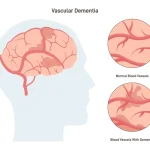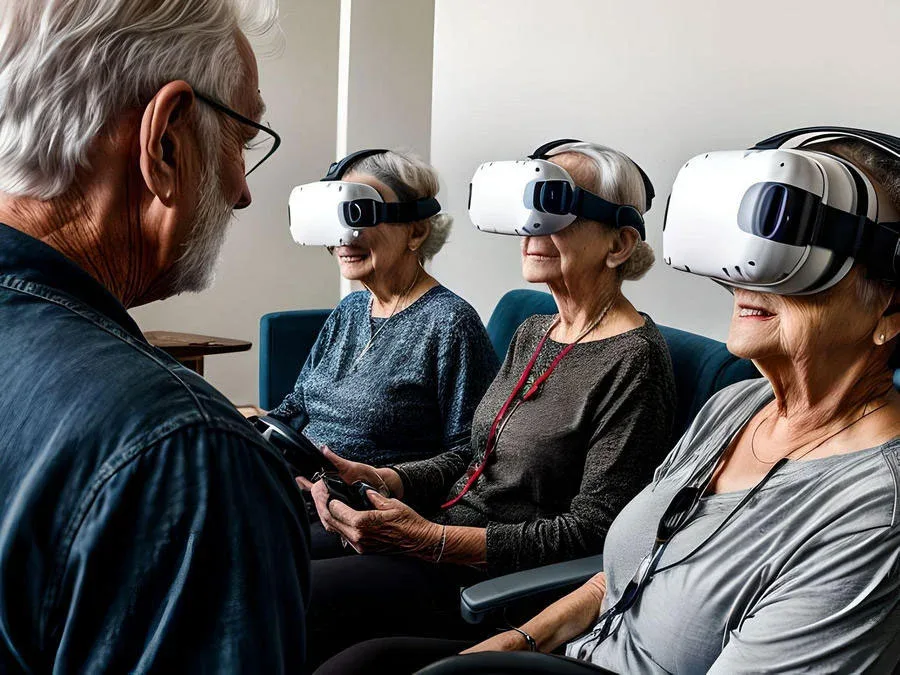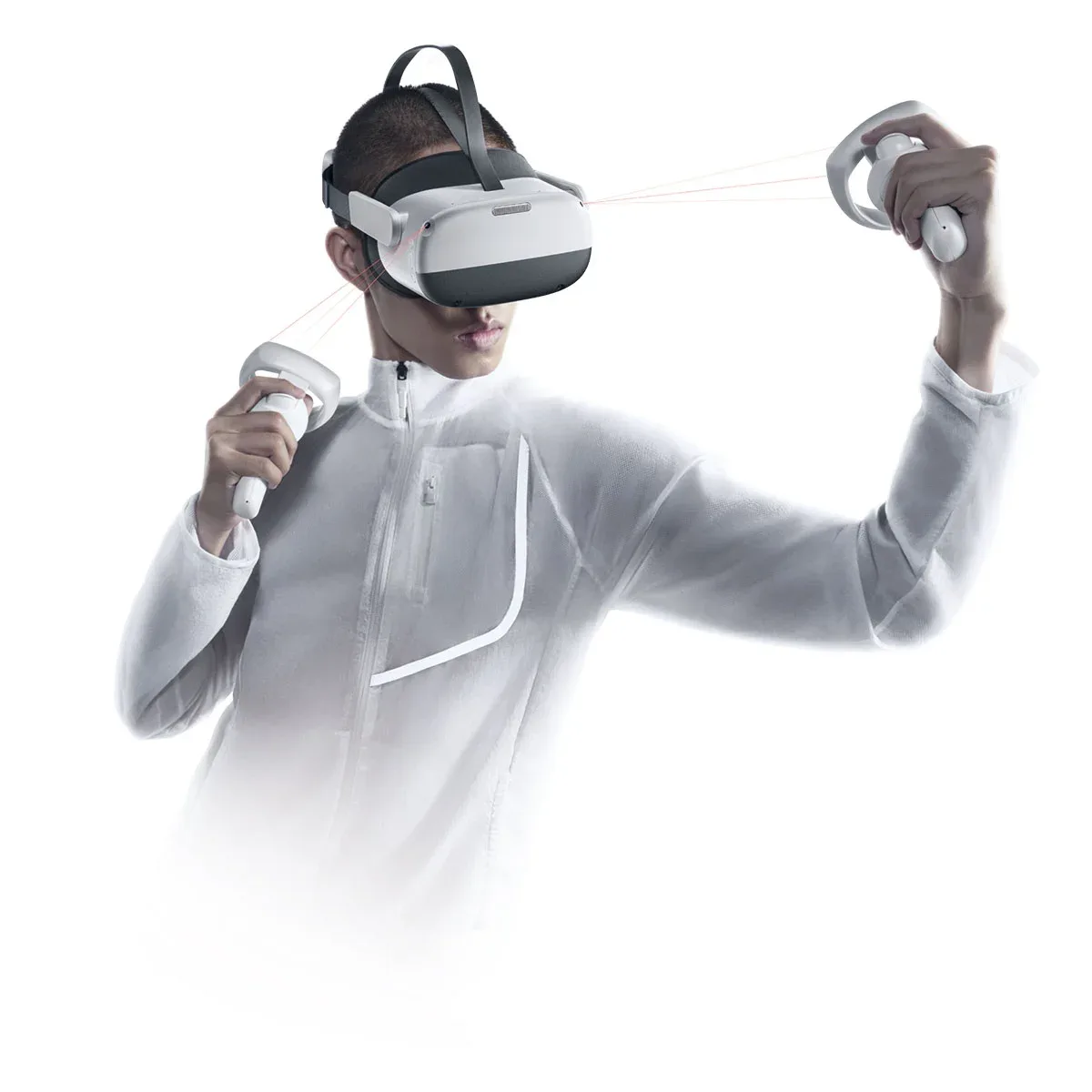
Unlocking the Secrets of Cognition: The Powerful Role of Eye Movements in Assessment
2024-12-17
Understanding Vascular Dementia: Symptoms, Causes, and Management
2024-12-17
Unlocking the Secrets of Cognition: The Powerful Role of Eye Movements in Assessment
2024-12-17
Understanding Vascular Dementia: Symptoms, Causes, and Management
2024-12-17Revolutionizing Alzheimer's Care: How Virtual Reality is Transforming the Landscape

As the global population continues to age, the burden of neurodegenerative diseases like Alzheimer's has become a pressing concern. Alzheimer's, the most common form of dementia, is a debilitating condition that robs individuals of their cognitive abilities, memories, and ultimately, their independence.
For far too long, the battle against Alzheimer's has been an uphill struggle, with limited treatment options and a lack of effective interventions to slow the progression of the disease. However, a remarkable technological advancement is poised to revolutionize the way we approach Alzheimer's care: virtual reality (VR).
The Transformative Power of Virtual Reality
Virtual reality, once relegated to the realm of gaming and entertainment, has emerged as a powerful tool in the field of medicine, particularly in the management of Alzheimer's disease. By immersing patients in interactive, three-dimensional environments, VR has the potential to unlock new avenues for cognitive assessment, rehabilitation, and even symptom alleviation.
One of the key benefits of VR-based Alzheimer's interventions is the ability to create highly personalized and engaging experiences. Unlike traditional therapy methods, which can often feel disconnected from a patient's daily life, VR allows for the creation of virtual environments that closely mimic the familiar surroundings and activities of the individual.
This level of customization is crucial, as it helps to maintain a sense of familiarity and comfort for Alzheimer's patients, who may struggle with disorientation and anxiety in unfamiliar settings. By tapping into the patient's existing memories and experiences, VR-based therapies can foster a greater sense of engagement and motivation, ultimately leading to more effective interventions.
Cognitive Assessment and Rehabilitation
Alzheimer's disease is characterized by a progressive decline in cognitive function, affecting domains such as memory, attention, and problem-solving. Virtual reality presents a unique opportunity to assess and rehabilitate these cognitive abilities in a controlled and measurable environment.
Through immersive VR simulations, clinicians can monitor a patient's eye movements, navigation patterns, and decision-making processes, providing valuable insights into the individual's cognitive strengths and weaknesses. This data can then be used to develop personalized rehabilitation programs, targeting specific cognitive deficits and tailoring the virtual experiences to the patient's needs.
Furthermore, the interactive nature of VR-based cognitive exercises can help to stimulate neuroplasticity – the brain's remarkable ability to adapt and form new neural connections. By engaging patients in challenging yet achievable virtual tasks, VR-based rehabilitation can potentially slow the cognitive decline associated with Alzheimer's and even help to restore some cognitive functions.
Alleviating Symptoms and Improving Quality of Life
Beyond cognitive assessment and rehabilitation, virtual reality has also shown promising results in the management of Alzheimer's-related symptoms, such as anxiety, agitation, and depression.
By immersing patients in calming, nature-inspired virtual environments or engaging them in reminiscence therapy through virtual recreations of meaningful past experiences, VR can help to alleviate the emotional burden that often accompanies Alzheimer's disease. This, in turn, can contribute to improved overall well-being and quality of life for both the patient and their caregivers.
As the field of VR-based Alzheimer's interventions continues to evolve, we can expect to see even more innovative applications emerge, from virtual support groups and caregiver training to virtual reality-assisted medication management and daily task assistance.
The Future of Alzheimer's Care: A VR-Powered Paradigm Shift
The integration of virtual reality into Alzheimer's care represents a paradigm shift in the way we approach this devastating disease. By leveraging the immersive and interactive capabilities of VR, healthcare providers can now offer personalized, engaging, and potentially more effective interventions that can significantly improve the lives of Alzheimer's patients and their loved ones.
As we continue to explore the vast potential of VR in the field of medicine, the future of Alzheimer's care looks brighter than ever before. With the promise of enhanced cognitive assessment, targeted rehabilitation, and symptom alleviation, virtual reality is poised to transform the way we understand, manage, and ultimately, confront the challenges of Alzheimer's disease.

